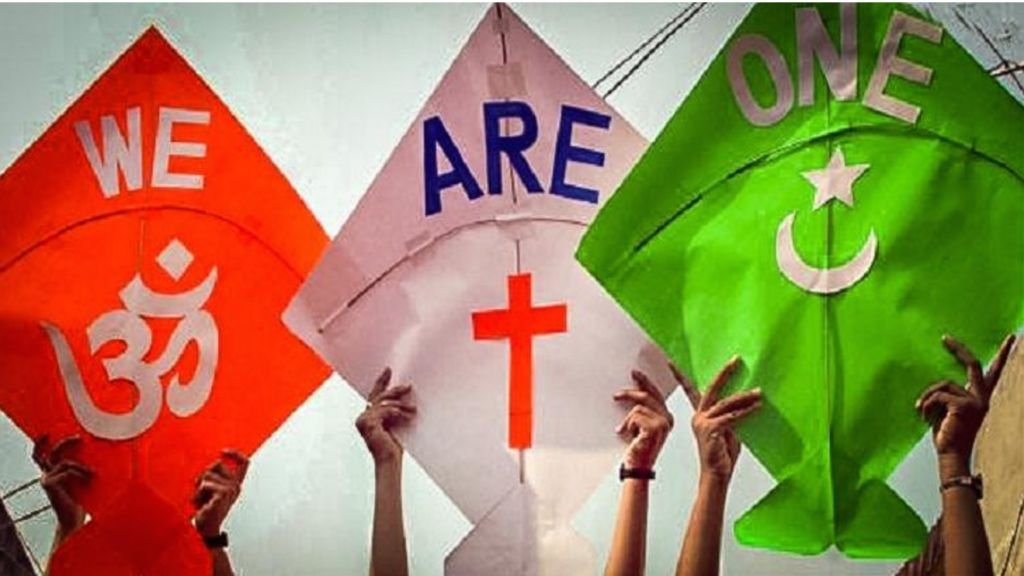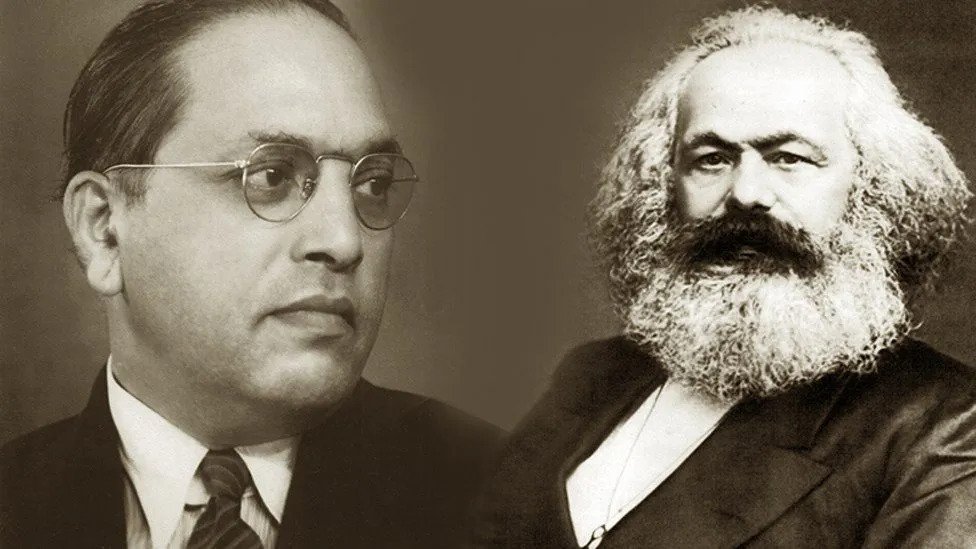By: Satyavan ‘Saurabh’
In everyday parlance, the term ‘communalism’ refers to the stereotyping of religious identity. This in itself is an attitude that sees one’s group as the only legitimate or worthy group and views other groups as inferior, illegitimate, and opposed. Thus communalism is an aggressive political ideology associated with religion. Communalism is a particularly important issue in India because it has been a source of tension and violence. Communalism refers to a politics that attempts to unite one community around a religious identity in hostile opposition to another community. India has had a history of communal riots since pre-independence times, often as a result of the divide and rule policy adopted by the colonial rulers. But colonialism did not invent inter-community conflicts and certainly cannot be blamed for the post-independence riots and killings.
Communalism remains a political weapon in India; politicians have played the role of villains in creating a serious communal situation in India. Politics was at the root of India’s painful partition in 1947 in the name of a particular religious ‘community’. But even after paying a heavy price in the form of Partition, in many of the riots that followed, we can find, directly or indirectly, the involvement of political parties or their supporters. Along with this, the policy of appeasement for vote bank, selection of candidates based on community, sect, sub-sect, and caste, and inciting religious sentiments at the time of elections led to the rise of communalism. To unite the community, communalism suppresses the differences within the community and emphasizes the essential unity of the community against other communities.
Today the biggest question is why did the forces of development not control the communal factors in India? Even though the socio-economic condition of India has improved but still there are many challenges before the Indian society, which are becoming a threat to its diversity. Population, poverty, illiteracy, and unemployment create many compulsions, especially in front of the younger generation. Many people of the younger generation who are unemployed and in a state of poverty, get involved in evil like communalism. External elements (including non-governmental elements) also have a role to play in making the problem of communalism more serious. Social media played a vital role in spreading fake news at break-neck speed, as copious audio-visual documents of violence, and hate messages are delivered to the public almost instantly. However, these graphic depictions of inhumanity have not led to remorse or change of mind; rather, they have deepened partisanship and rigid stance. Instead of adhering to media ethics and neutrality, most media houses show an inclination towards a particular political ideology, which in turn widens the social divide.
People are not equipped to think for themselves and this leads them to blindly follow ‘trends’ instead of being able to separate the good from the bad themselves. The majority group often believes that it has the sole authority in the progress of the country. This leads to acts of violence when small groups oppose majoritarian ideas of progress. Conversely, minority groups often find themselves guilty of being ‘anti-national’ whenever they try to protect their way of life from violations. This often creates violence in society. We have examples of religious, cultural, regional, or ethnic conflict that can be found at almost every stage of our history. But we must not forget that we also have a long tradition of religious pluralism, ranging from peaceful coexistence to genuine intermixing or syncretism. This syncretic legacy is visible in the devotional songs and poems of the Bhakti and Sufi movement. Communal violence strengthens the vote bank of ideologically aligned political parties and further hinders solidarity in society. It causes serious damage to communal harmony in the long run. This also tarnishes the image of the country in front of the world as a pluralistic society. Communal violence undermines constitutional values like secularism and fraternity.
The police need to be fully prepared to check communal violence. Local intelligence networks can be strengthened to prevent such incidents. Peace committees can be formed in which individuals from different religious communities can work together to spread goodwill and fellow feeling and to remove the feelings of fear and hatred in the riot-affected areas. This will be effective not only in de-escalating the communal tension but also in preventing the spread of riots. There is a need to start the process of de-communicating people at all levels through education. Values-based education can create compassion and empathy which can reduce the chances of any kind of communal polarization effect on the people. The pluralism and unity seen in India’s struggle for independence can be emphasized. Leaders having communal thoughts and ideologies pressurize the government to act in a manner that is always against the principle of secularism. This is where intellectuals and voluntary organizations can be most effective. There is a need to strengthen the cyber security framework. Social media platforms should be asked to regulate hateful content and create awareness about rumours and any kind of content that incites communal tension.
Maintaining communal harmony and respecting pluralism is a challenge in a diverse country like India. However, it is important to address the collective conscience of the people of the country to uphold constitutional values like fraternity and secularism. While on the one hand, it can take into account the insecurities of the people, on the other hand, it can contribute significantly to the process of nation-building. A strong nation, made up of contributions from communities working together for its prosperity, can further contribute to the maintenance of global peace and harmony. (The author is a research scholar, poet, independent journalist, and columnist, All India Radio and TV panellist)







